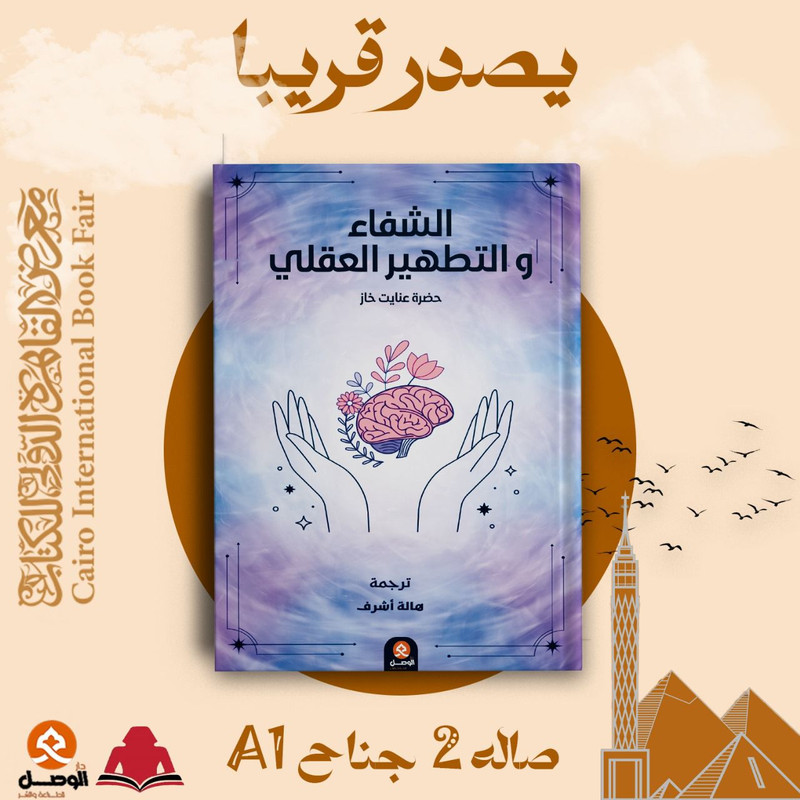 |
| Perfume Making |
Ancient Egypt was renowned for its perfume-making across the ancient world, especially in Mendes—a city located in northern Egypt, in the Nile Delta. Mendes was famous for producing large quantities of perfumes known for their strong scent, long-lasting effect, and the ability to retain their original color—qualities that.made them especially popular among women
What made Mendes perfumes particularly special was their longevity; people could store them for years without the scent spoiling or going rancid
At that time, perfume wasn’t a liquid as we know it today. It was typically a scented cream or body oil, since alcohol-based perfumes were not invented until the fourth century B.C.
The main ingredients were aromatic plants and oils. The process began by soaking flowers or aromatic herbs in oil for a long period. Then, the mixture would be placed in a piece of cloth and tightly squeezed to extract the last drops of infused oil. Finally, the plants or flowers were boiled in water to obtain the essential oils
The most commonly used oils included
-
Linseed oil
-
Castor oil
-
Sesame oil
-
Balanos oil (known for its low viscosity, making it the most preferred)
-
Almond oil and olive oil (used less frequently)
Aromatic ingredients were added in a specific order—from the lightest fragrance to the strongest. The secret to the high quality of Egyptian perfumes lay in their deep understanding of when, how much, and at what temperature each ingredient should be added
One of the most fascinating ingredients used in perfume-making was sweet wine, which was used to soak certain herbs before infusing them into oil. The wine helped soften and balance stronger scents, making the final fragrance more pleasant
Among the most luxurious perfumes was one made from iris flowers. It was favored by high-ranking individuals and royal families for its exquisite aroma. Physicians also used iris oil as a sedative
To produce iris body oil, ingredients like iris petals, salt, honey, saffron, cinnamon, cardamom, and wine were combined, making the formula both complex and expensive.
The ancient Egyptians also devised another method of perfuming the body: by using animal fat. They would mix solidified animal grease with herbs to create a scented block, which they molded into a cone shape and placed on their heads during parties and ceremonial events. As the cone melted from body heat, it released fragrance into the hair and surroundings.
However, this method had drawbacks—it melted too quickly and could stain clothing. Because of this, it wasn’t widely recommended. Still, even today, some women in the Egyptian desert continue to use this traditional practice
 |
| A woman wear a funnel on her head |
The reason is simple: alabaster is an ideal material for preserving creams and oils without allowing them to spoil
Additionally, alabaster helps the ingredients in creams blend and mature over time, enhancing the quality of the product


Very informative and interesting as usual but with some minor English grammar mistakes
ردحذفoh please tell me i am trying to do the best
حذفthanks alot for your comment ^_^
I make some changes,i think it's better now
حذفthanks for this informations (keep going please)
ردحذفYou are welcome
حذفWith all your sweet words.. I will keep going 🌸🌸
👏👏
ردحذفشكراً جداً جداً ^_^
حذف